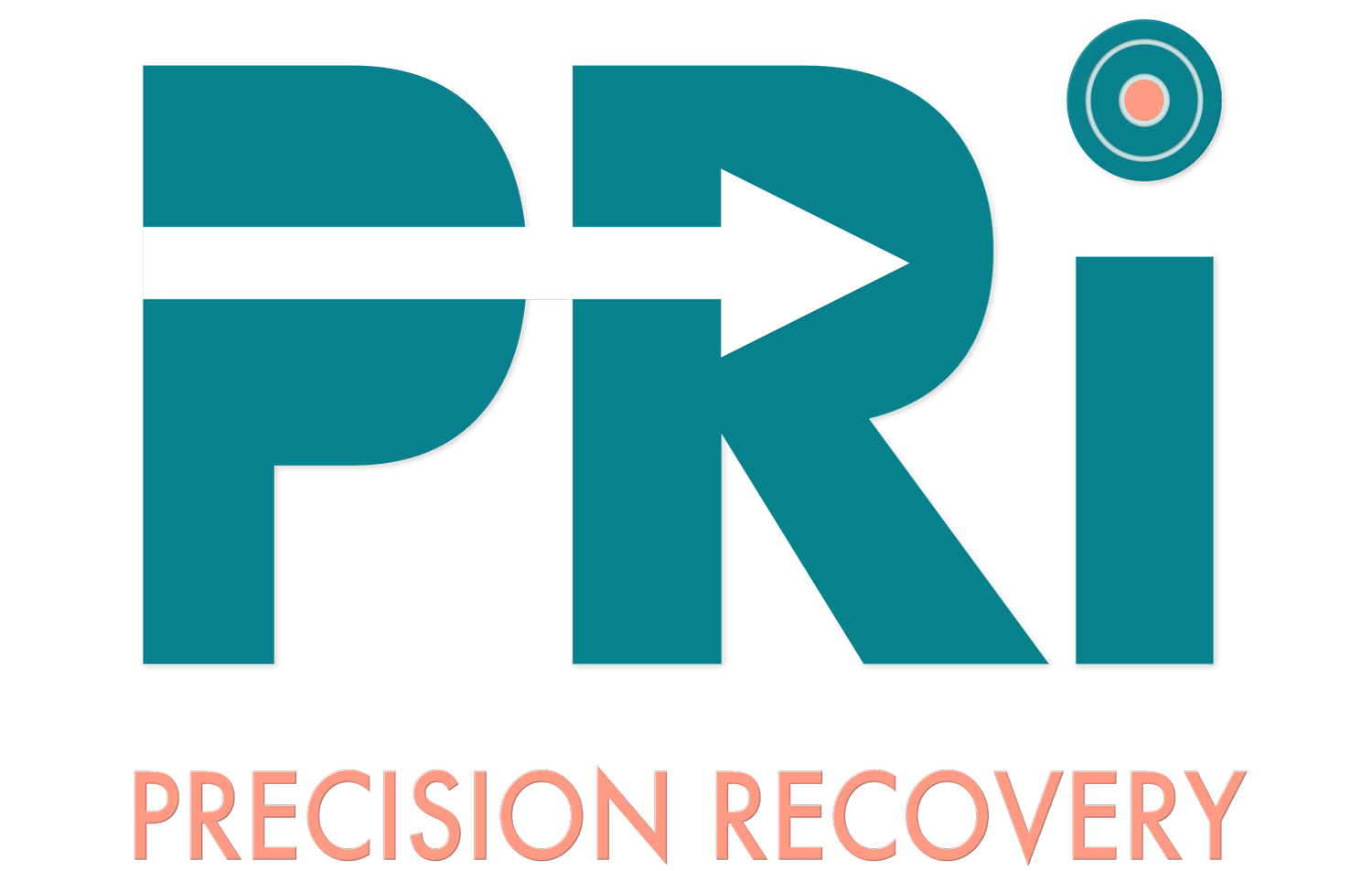Coping with Emotional Changes After a Stroke: A Guide to Mental Well-Being
Coping with Emotional Changes After a Stroke: A Guide to Mental Well-Being
Overcoming a stroke is a monumental achievement, and survivors often emerge with renewed strength and resilience. However, alongside the physical challenges, strokes can bring unexpected emotional shifts. It's essential to recognize and acknowledge these changes as an integral part of the recovery process. Embracing and understanding the emotional journey can pave the way for healing, mental well-being, and personal growth.
The brain is an incredibly complex organ, and a stroke can disrupt its usual patterns. This can lead to a range of emotions, including anxiety, depression, irritability, and even moments of uncontrolled laughter or crying. It's perfectly natural to feel overwhelmed by these shifts. Remember, you're not alone in this journey. Many stroke survivors go through a similar emotional rollercoaster, and it's okay to seek help when things get tough. Open conversations with loved ones, therapists, or fellow survivors can offer insight, understanding, and strategies to cope.
One essential tool in navigating these emotional waters is building a support system. Surrounding oneself with compassionate friends, family, and professionals can create a safe space to express feelings without judgment. Support groups specifically designed for stroke survivors can be immensely beneficial. Here, shared experiences become a source of solace, providing an avenue to learn coping mechanisms and hear stories of triumph from peers who have walked a similar path.
Lastly, be patient with yourself. Healing, both physically and emotionally, doesn’t adhere to a strict timeline. Celebrate small victories and remember that every day is a step towards a brighter, more emotionally balanced future. While the journey might be challenging, with the right tools, support, and mindset, stroke survivors can find peace, happiness, and a renewed sense of purpose in their post-stroke lives.
